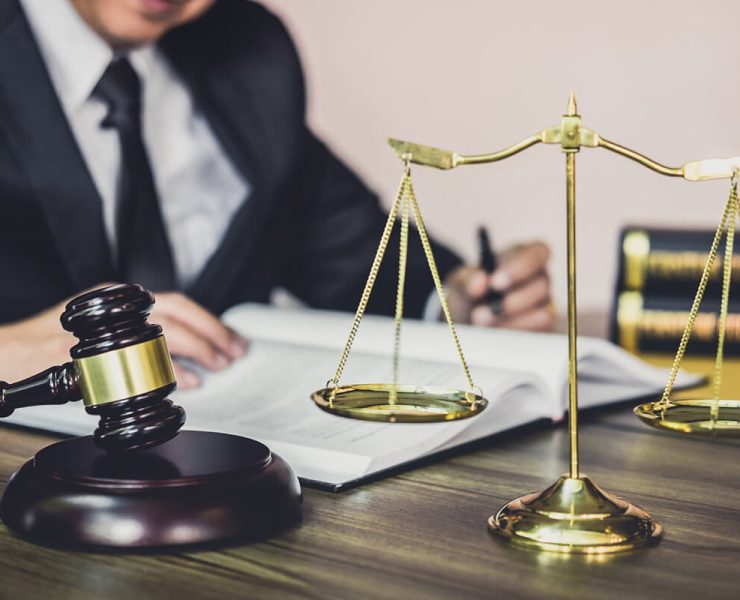What is Intellectual Property?
Intellectual Property (IP) refers to intangible assets owned by an individual or entity, which can be legally protected from unauthorized use. IP rights grant the owner exclusive control over their inventions, creative works, or processes. In most cases, third parties can only use intellectual property with permission, often in exchange for royalties or licensing fees.
Legal Protection of Intellectual Property in Kenya
The Constitution of Kenya, 2010, recognizes Intellectual Property as a form of property under Article 40(5). It mandates the government to protect and enforce IP rights for Kenyan citizens, ensuring fair use, innovation, and economic growth.
Kenya has established various forms of intellectual property protection, each governed by specific laws and regulatory bodies. These include:
1. Patents
What is a Patent?
A patent is an exclusive right granted to an inventor for a new invention, process, or product. It provides legal protection, preventing others from using, making, or selling the invention without the patent holder’s permission. Patents encourage innovation by offering inventors a competitive advantage in the market.
Patent Protection in Kenya
✔ Patents are granted by the Kenya Industrial Property Institute (KIPI).
✔ Protection applies to new inventions, improvements, and novel processes.
✔ The patent holder has exclusive rights for a set period, typically 20 years.
2. Copyright
What is Copyright?
Copyright protects original literary, artistic, and musical works, ensuring that creators have exclusive rights to their work. It applies to books, music, paintings, films, software, photography, and other creative expressions.
Copyright Protection in Kenya
✔ Copyright is automatic upon creation – registration is not mandatory.
✔ The Kenya Copyright Board (KECOBO) oversees copyright protection and enforcement.
✔ Copyright owners can license, sell, or transfer their rights to third parties.
3. Industrial Designs
What is an Industrial Design?
An industrial design refers to the unique visual appearance of a product, including its shape, pattern, or color arrangement. This protection ensures that the aesthetic appeal of a product cannot be copied or reproduced without the owner’s consent.
Industrial Design Protection in Kenya
✔ Industrial designs are registered with KIPI.
✔ Protection prevents unauthorized copying or imitation of product designs.
✔ Industrial design protection encourages creativity and brand identity.
4. Utility Models
What is a Utility Model?
A utility model is a new and useful technical invention that provides an improvement in function, manufacture, or environmental benefits. It is similar to a patent but applies to smaller innovations or incremental improvements rather than groundbreaking inventions.
Utility Model Protection in Kenya
✔ Utility models are registered with KIPI.
✔ They offer a lower-cost alternative to patents for inventors.
✔ They provide short-term protection (usually 10 years).
Agencies Protecting Intellectual Property in Kenya
Several government agencies are responsible for the registration, enforcement, and protection of intellectual property rights in Kenya:
1. Kenya Industrial Property Institute (KIPI)
✔ Administers patents, industrial designs, and utility models.
✔ Oversees the registration of trademarks.
✔ Promotes innovation and technological advancement.
2. Kenya Copyright Board (KECOBO)
✔ Enforces copyright laws and related rights.
✔ Oversees collective management organizations (CMOs).
✔ Manages the National Rights Registry Portal for voluntary copyright registration.
3. Anti-Counterfeit Authority (ACA)
✔ Prevents the trade of counterfeit goods.
✔ Protects brand owners and businesses from counterfeit-related losses.
✔ Implements intellectual property recordation to monitor and seize counterfeit goods.
Conclusion
Kenya is a country rich in innovation and creativity. Protecting intellectual property rights is essential to fostering economic growth, encouraging research, and supporting local inventors, artists, and businesses. By understanding and utilizing IP protection, individuals and companies can secure their ideas, benefit financially, and drive progress in various industries.








